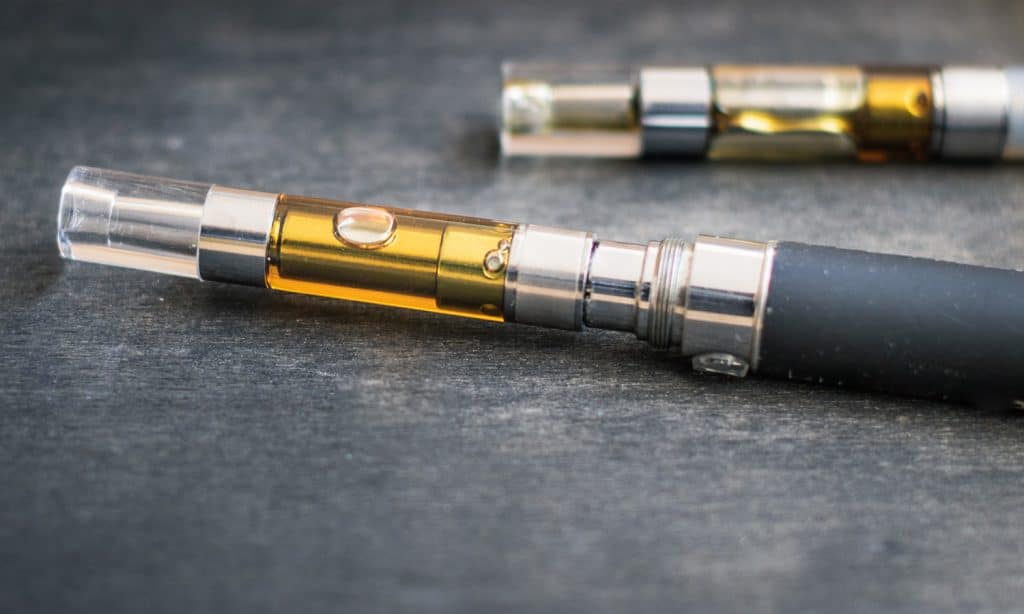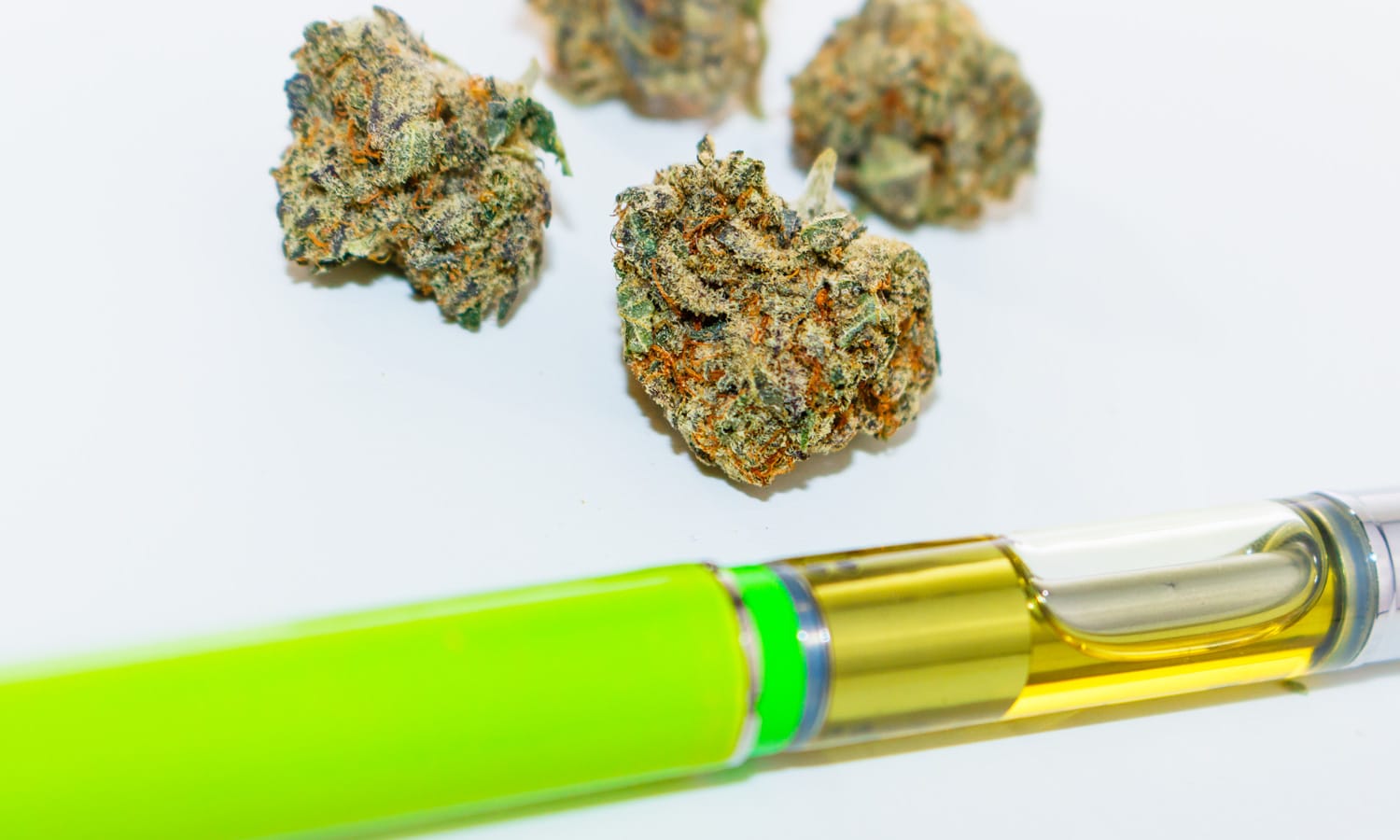Artificially added terpenes in vaping products create more toxins for users than THC, latest study finds.
An ongoing effort in the research community has come about to better understand vaping products, following a vaping-related illness resulting in 47 deaths and more than 2,000 cases, according to the latest Centers for Disease Control and Prevention numbers.
The CDC previously reported that THC products could play a role in the initial outbreak of the illness. However, new research out of Portland State University reported that many flavoring additives in vaping products create toxins that could potentially raise users’ risk of cancer.
The study, published in ACS Omega, sought to better understand the toxins formed after cannabis concentrates undergo vaping combustion. As the authors noted, the ingredients listed for products isn’t what users often end up inhaling.
Of those toxins formed, researchers found that more stemmed from terpenes than THC. Terpenes affect the smell and taste of cannabis and occur naturally in marijuana’s flower state. However, many vendors and manufacturers instill up to 30% added terpenes in the concentrate, producing a more potent flavor and aroma.
RELATED: Study Confirms CBD Products May Cause You To Fail A Drug Test
“There are fewer toxins formed from THC as compared to terpenes,” Rob Strongin, the study’s lead author and Portland State University chemistry professor, said in a statement. “This is consistent with some of the vaping-related injuries we’re seeing. It’s not the active ingredients, like THC or nicotine, that appear to be causing the hospitalizations and deaths, but what they are combined with.”

Last month, the CDC identified vitamin E acetate as “a chemical of concern among people with e-cigarette, or vaping, product use associated lung injury.” Generally, vitamin E acetate is used as a thickening agent in vaping products. As Strongin explained, researchers didn’t focus on the effects these additives might have on respiratory health because they never expected anyone to inhale them.
“There’s a reason that no one studied the inhalation toxicity of a lot of the ingredients in e-cigarettes because nobody thought we’d be crazy enough to be inhaling them,” he said. “But the problem now is that there’s a huge gap in our knowledge.”
RELATED: The Dark Truth Behind The Recent Outbreak Of Vaping Related Illnesses
Researchers clarified that if you choose to still use cannabis products, the less additives the better. It is unwise to buy vaping products from the black market, as they are usually altered from their natural state. While the study’s finding might raise some alarm about vaping, the authors also noted that vaping is less risky than smoking.
“Results indicate that vaping or dabbing distillates has lower HI [Hazard Index] and ELCR [Elevated Lifetime Cancer Risk] than those of cannabis smoking by several orders of magnitude,” the study’s authors wrote. “These findings are not definitive and must be interpreted with caution as they are only a first step toward determining the overall safety of these cannabis inhalation methods.”


